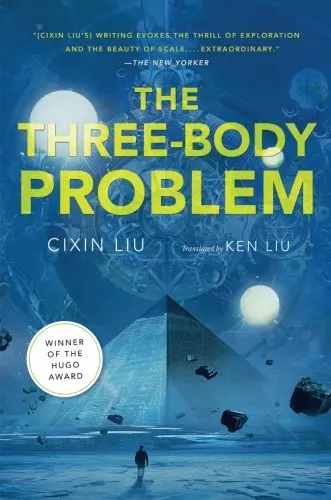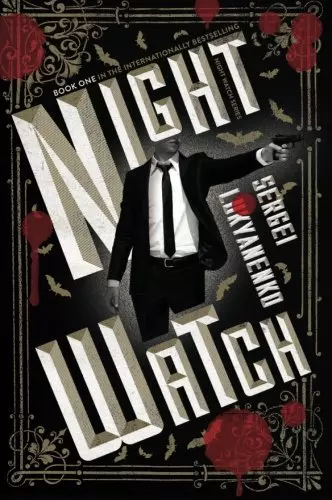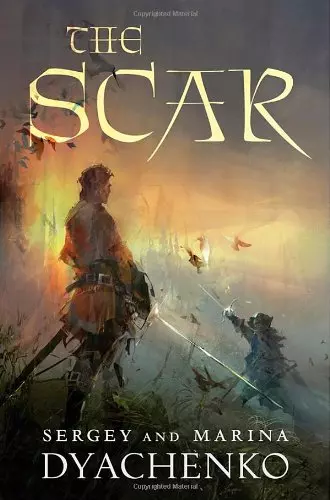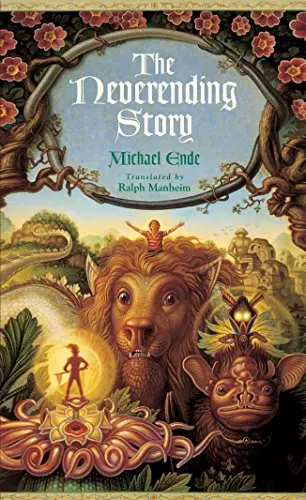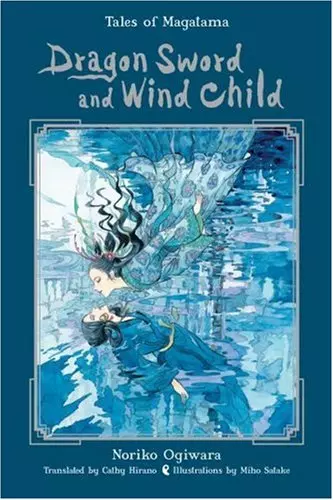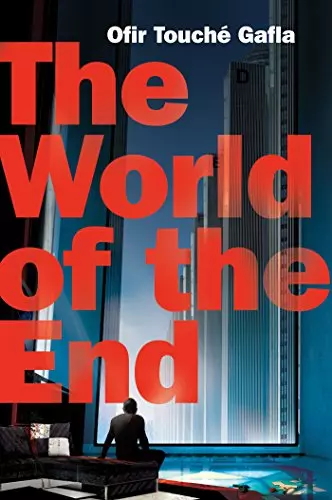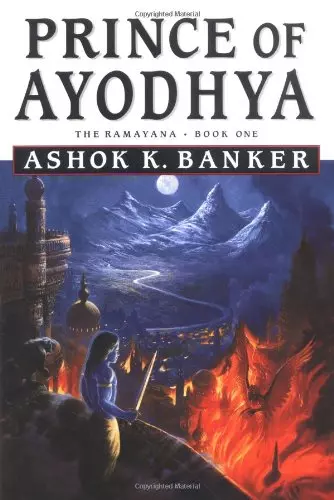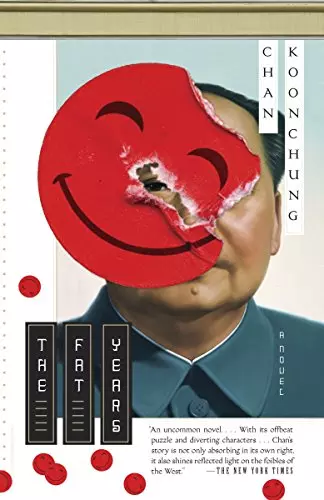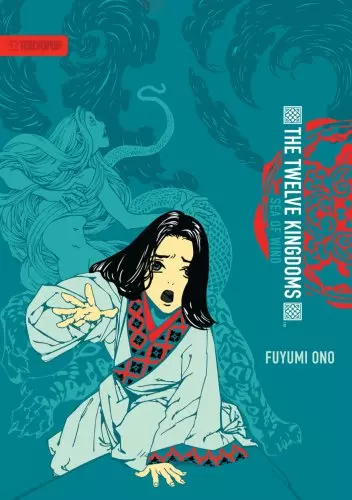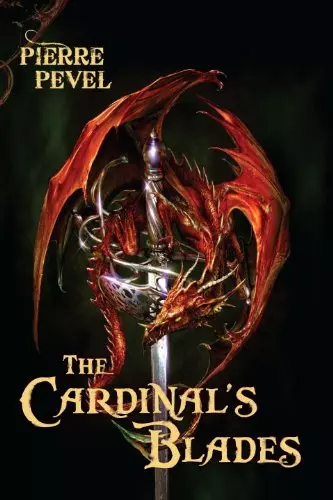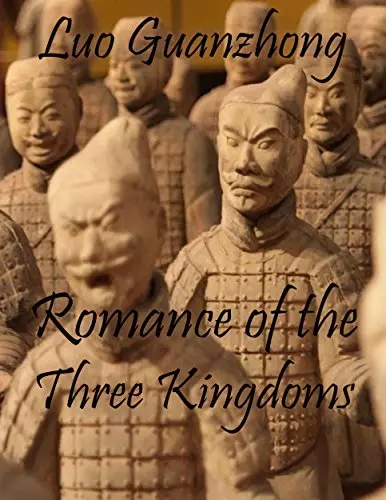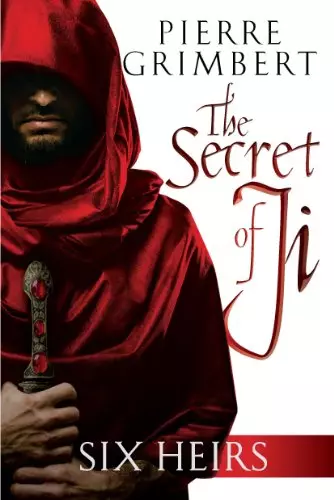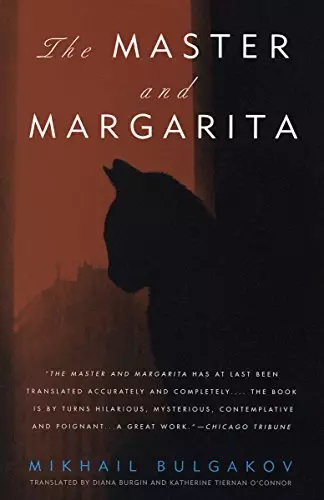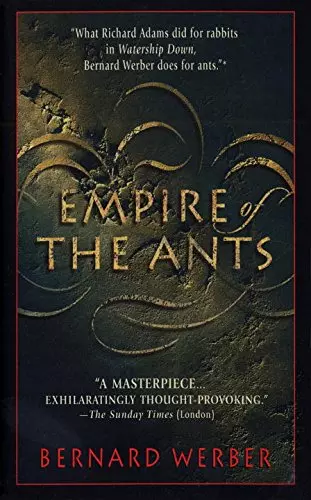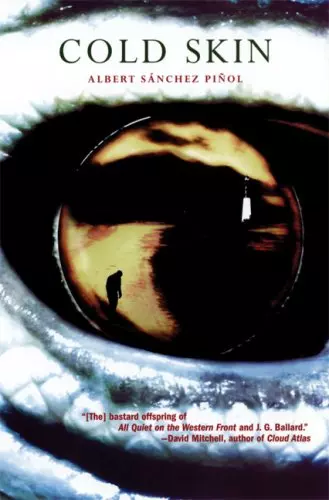Best Non-English Fantasy Books
The Best Fantasy Books by Foreign Authors Translated into English
English literature has many great works of fantasy -- Lord of the Rings, A Game of Thrones, The Chronicles of Narnia. But there's an entire body of literature -- and modern fantasy -- that's written in other languages that English speakers don't have any access to.
However, there are a number of outstanding foreign fantasy books that have been translated into English. Some of these translated fantasy books have gained some serious steam -- attracting millions of readers and in some cases, even seeping into video games and movies.
Regrettably, BestFantasyBooks.com has many many recommendations for English works of fantasy, but very little in the way of recommendations for fantasy written outside of the English language, even though there is an abundance of such in other (non-English speaking) countries.
Why Does Non-English Fantasy Matter to English Speakers?
Some of the greatest science fiction (and fantasy) have come from foreign authors. To ignore it is to ignore some of the greatest works in the genre.
Works like We by Yevgeny Zamyatin are the grandfather of Dystopian novels, helping influence such greats like Orwell's 1981. Works like R.U.R. by Czech writer Karel Čapek who in his story, pioneered the idea of robots and by doing so, actually coined the term 'Robot'.
And of course there's French novelist Jules Verne, the grandfather of modern Science Fiction and with his 'The Voyages extraordinaires' series of books, practically founded the modern idea of science fiction and adventure novels.
And let's not leave out the great Ukrainian novelist and philosopher Stanislaw Lem who's created some of the greatest science fiction masterpieces ever put to paper (Solaris). Lem was himself influenced by Polish literature through the writings of Cyprian Norwid and Stanisław Witkiewicz.
So you see, English is not the only language out there and there's more to 'fantasy' what's written in English.
Far more in fact.
The State of Non-English Fantasy in the West Today
Without a doubt, foreign fantasy books are gaining steam in the English world.
Russian, Polish, French, and Japanese fantasy have particularly made waves in the English marketplace as translated science fiction & fantasy have been hailed by critics and enjoyed by readers.
Last year (2015), the Hugo Award for Best Novel was awarded to The Three-Body Problem -- a translated Chinese science fiction book.
And of course there are The Witcher books by Andrzej Sapkowski -- a series that have taken the world by storm, inspiring no less than a highly regarded video game series, a TV series, comics, and even a movie.
Indeed, The Witcher books have been (mostly) translated into English and are widely regarded as some of the best sword and sorcery fantasy. More than a few fantasy readers would place these Polish-translated-to-English fantasy books as some of the best fantasy period, every bit as good as any work by English fantasy authors.
What Makes a Foreign Fantasy Good?
Two things:
1) A great source story
2) The skill of the translator
Obviously, if the source story is mediocre, it's highly unlikely a translated-to-English version is going to be any better. Typically, the translated version of a story is always LESS than the original non-translated version. Each language has unique idioms, expressions, poetic meanings, and cultural viewpoints that are encoded into the very structure of the language. Many of these are often stripped away when the source text is translated into English. Languages such as Chinese, for example, often have no equivalent expressions that can be translated into English. And there is that whole semantic relationship between the written and phonetic versions -- sometimes there may be additional meaning or relationship between how a word or character in the language is written, how it sounds, and what it means (Japanese, German, and Chinese for example).
Which brings us to the importance of the translator. Arguably, the translator is just as important as the author. If the translator mucks up the translation, well, the book just won't be good. Translating fiction from another language into English is particularly difficult because as a translator you don't just have to KNOW both languages fluently, you also have to be able to write a compelling novel to boot. Thus you must be 1) an excellent translator who is completely fluent in both languages (and also well versed in the literature of both) and 2) be able to craft an excellent piece of English fiction.
It probably goes without saying that the best translator are also excellent writers of fiction. For example, the 2015 Hugo was given to Cixin Liu's Three-Body Problem. And while the novel is full of refreshing ideas and a compelling story, it took the skill of Ken Liu -- winner of the Hugo, Nebula and World Fantasy Award for his own story -- to translate Cixin Liu's story in such a way that it captivates English readers.
So, long point made short: the translator can make or break a foreign novel.
Why Read Non-English Fantasy?
I'm a big fan of non-English fantasy because such works often bring a new, refreshing perspective to an often stagnant genre. Non-English fantasy books that are translated into English can often bring us completely new ideas, different cultural notions, exotic mythology, and unique stories to us.
In fact, some very popular non-English fantasy books such as 'The Witcher' have done just this, bringing us a refreshed perspectives on some of the classic fairy tale tropes, wrapped about with a different cultural perspective.
About My List of the Best Non-English Fantasy Books
This is a list of the 'Best Fantasy Books by Foreign Authors' (or you might also call it 'Best Fantasy Books Translated into English) -- outstanding works that have been translated from their source language into English -- and still being accessible and entertaining to the English audience.
So don't ignore these outstanding books on this list. If you are hungry for new ideas and arguably some of the most entertaining fantasy on the planet, read these books.
It's a shame that these picks are only a small selection of the vast and deep foreign fantasy that have not yet been translated into English, but as such, these will have to do for now.
Note that I've drawn from primary the fantasy genre (with a couple exceptions). If I were to extend the list to cover Science Fiction, there would be a lot more books added.
Expect this list to be expanded in the future as more foreign fantasy books are translated into English.
If you have your own picks for great fantasy that's been translated into English -- stuff that really stands out -- please share in the comments.
Ranked Fantasy Books
Trending Books in Best Non-English Fantasy Books
Trending Fantasy Booklists
Best Fantasy Books 2025
The Must-Read Fantasy Releases of 2025 That Fans Are Devouring Worldwide
Top 25 Best Fantasy Books
Love fantasy novels? Hate wasting time reading trash? Then read this definitive guide to the top 25 Fantasy books in the genre.
The Best Sci-Fi Movies
The Best of the Best Science Fiction Movies
Top 50 Best Epic Fantasy
The Absolute Best Epic Fantasy Series
Top 10 Sci-Fi Movies That Make You Think
Top 10 Sci-Fi Movies That Make You Think
Top 100 Fantasy Books
The Top 100 Best Fantasy Books Ever Written

